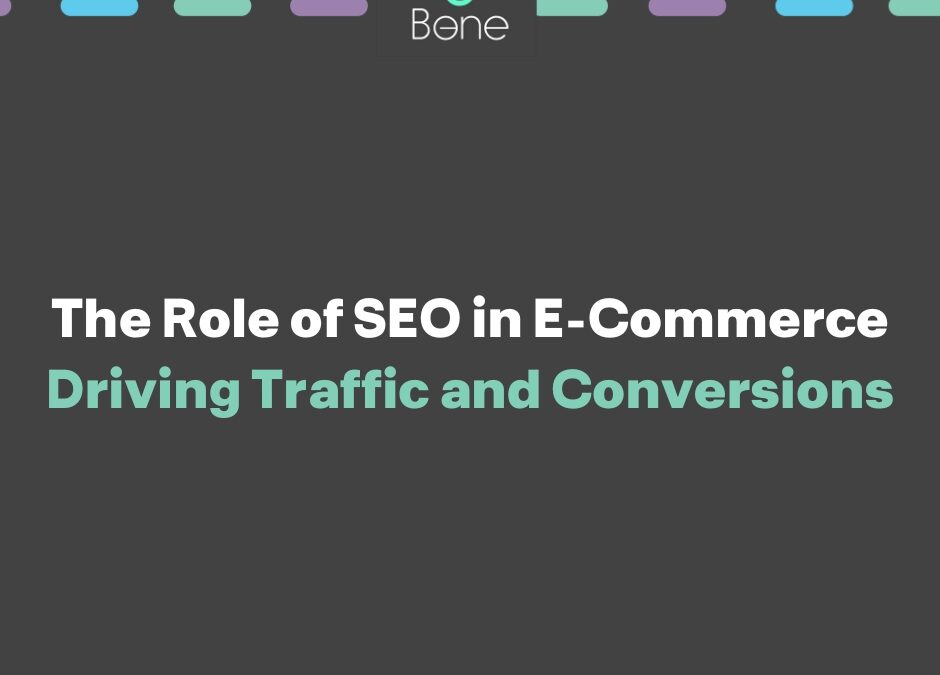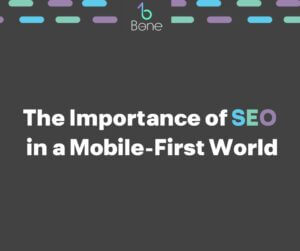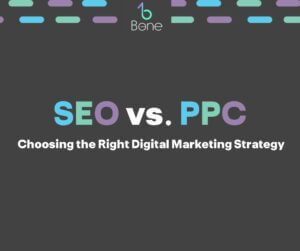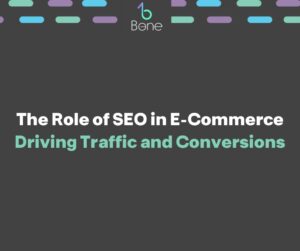The role of Search Engine Optimization (SEO) in e-commerce is crucial for driving traffic and conversions. SEO involves various strategies and techniques aimed at improving a website’s visibility and ranking in search engine results pages (SERPs). By optimizing an e-commerce website for search engines, businesses can attract more organic traffic, increase their online visibility, and ultimately drive conversions. Here’s a closer look at the key aspects of SEO in e-commerce:
Enhanced Visibility: SEO helps e-commerce websites appear higher in search results when users search for relevant keywords or phrases. When a website ranks higher, it becomes more visible to potential customers, leading to increased organic traffic.
Targeted Traffic: Effective SEO strategies target specific keywords and phrases relevant to the products or services offered by an e-commerce business. By optimizing product pages, category pages, and other relevant content, businesses can attract targeted traffic that is more likely to convert into customers.
Keyword Research: SEO starts with thorough keyword research to identify the terms and phrases potential customers use when searching for products or services. By understanding these keywords, e-commerce businesses can optimize their website content to align with users’ search intent.
On-Page Optimization: On-page SEO involves optimizing various elements on a website to improve its search engine visibility. This includes optimizing meta tags, headings, URL structures, and incorporating relevant keywords naturally throughout the content. Proper on-page optimization helps search engines understand the website’s content and relevance to specific search queries.
Technical SEO: Technical SEO focuses on optimizing the technical aspects of a website to improve its search engine crawlability and indexability. This includes optimizing website speed, mobile-friendliness, site architecture, XML sitemaps, and ensuring proper implementation of structured data markup. Technical SEO ensures that search engines can access and understand the website’s content effectively.
Professional SEO Consultant
High-Quality Content: Content plays a vital role in SEO for e-commerce. Creating high-quality and engaging content helps attract and retain visitors, encourages them to explore the website further, and increases the likelihood of conversions. Content optimization involves creating unique product descriptions, informative blog posts, customer reviews, and other relevant content that adds value to the user experience.
Link Building: Building high-quality inbound links to an e-commerce website is an essential aspect of SEO. Search engines consider backlinks as a vote of confidence and use them to determine a website’s authority and relevance. Strategic link building through content marketing, influencer partnerships, and outreach campaigns can improve the website’s search engine rankings and increase organic traffic.
User Experience: SEO and user experience (UX) go hand in hand. Search engines value websites that offer a positive user experience, including easy navigation, fast load times, mobile responsiveness, and intuitive design. Optimizing UX factors can improve search rankings and encourage visitors to spend more time on the site, browse through products, and make purchases.
Local SEO: For e-commerce businesses with physical store locations, local SEO is crucial. Optimizing the website for local search queries, setting up and managing Google My Business profiles, and acquiring positive reviews can help attract local customers searching for products or services within their vicinity.
Ongoing Monitoring and Optimization: SEO is an ongoing process that requires continuous monitoring, analysis, and optimization. By tracking website performance, analyzing user behavior, and making data-driven improvements, e-commerce businesses can stay ahead of their competition and adapt to changing search engine algorithms.
In summary, SEO plays a vital role in e-commerce by driving targeted traffic, enhancing visibility, and increasing conversions. By implementing effective SEO strategies, businesses can improve their website’s search engine rankings, attract relevant organic traffic, and ultimately drive more sales and revenue.
SEO plays a significant role in e-commerce by helping businesses drive traffic and boost conversions. Let’s take a closer look at specific SEO strategies that are particularly effective in achieving these goals:
small business SEO packages
Optimizing Product Descriptions: Product descriptions are crucial for e-commerce websites as they provide valuable information to potential customers and search engines. By optimizing product descriptions with relevant keywords, businesses can improve their visibility in search results. It’s important to create unique, compelling, and informative descriptions that highlight the features, benefits, and unique selling points of each product. Well-optimized product descriptions can attract organic traffic from users actively searching for specific products, increasing the chances of conversion.
digital marketing agency egypt
Implementing Structured Data Markup: Structured data markup, such as Schema.org markup, helps search engines understand the content and context of a web page better. By adding structured data to product pages, businesses can provide search engines with additional information about the products, including price, availability, reviews, and ratings. This can lead to rich snippets appearing in search results, making the listings more visually appealing and informative. Rich snippets not only increase click-through rates but also enhance the credibility and trustworthiness of the website, ultimately driving more traffic and conversions.
Leveraging User-Generated Content (UGC): User-generated content, such as customer reviews, ratings, and testimonials, can significantly impact e-commerce SEO. Positive reviews not only build trust among potential customers but also contribute to the visibility and rankings of the product pages in search results. Encouraging customers to leave reviews and ratings, and displaying them prominently on product pages, can enhance the website’s credibility and persuade other users to make a purchase. Additionally, search engines often prioritize websites that have fresh, user-generated content, as it indicates an active and engaged user community.
Keyword Research and Optimization: Keyword research is a fundamental aspect of SEO in e-commerce. By identifying and targeting relevant keywords that have a high search volume and purchase intent, businesses can optimize their website content and product pages accordingly. Keyword optimization involves incorporating keywords naturally into product titles, descriptions, headings, and meta tags. By aligning the website’s content with users’ search intent, businesses can attract targeted traffic and improve the likelihood of conversions.
Mobile Optimization: With the increasing use of mobile devices for online shopping, mobile optimization is crucial for e-commerce SEO. Google and other search engines prioritize mobile-friendly websites in their rankings. Optimizing e-commerce websites for mobile devices includes ensuring responsive design, fast load times, easy navigation, and intuitive user interfaces. Mobile optimization not only improves search engine rankings but also provides a seamless user experience, leading to higher engagement, longer session durations, and increased conversions.
Content Marketing and Link Building: Content marketing is an effective strategy for driving traffic and improving SEO in e-commerce. Creating valuable and engaging content, such as blog posts, buying guides, and tutorials, can attract organic traffic and establish the website as a reliable source of information. Additionally, content marketing can facilitate link building, as high-quality content is more likely to attract inbound links from other websites. Building a diverse and authoritative backlink profile helps improve search engine rankings and drive referral traffic to the e-commerce site, ultimately boosting conversions.
Overall, optimizing product descriptions, implementing structured data markup, leveraging user-generated content, and employing other effective SEO strategies can significantly contribute to driving traffic and boosting conversions in e-commerce. By aligning the website with search engine guidelines and user expectations, businesses can improve their visibility, attract targeted traffic, and provide a seamless user experience, ultimately leading to increased sales and revenue.
SEO Experts in Egypt






